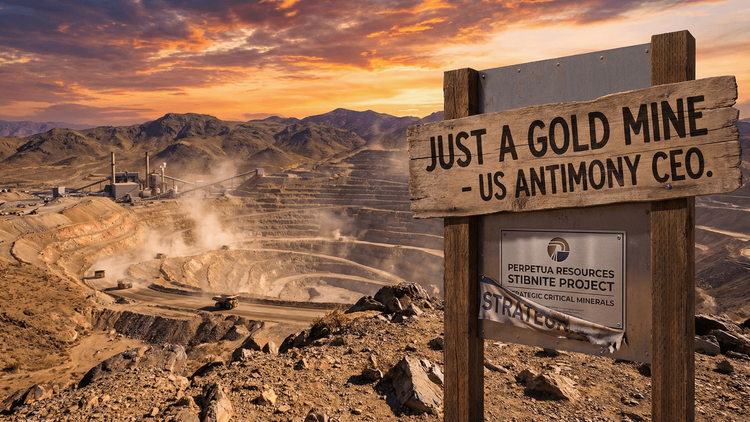How Will Biden's Plan Impact America's Energy Security?
Navigating the Controversy: Biden's Bold Move to Protect Alaska's Wilderness

The Biden administration's recent actions to thwart oil drilling across Alaska's petroleum reserve have stirred both praise and criticism. In a bid to prioritize conservation and combat climate change, President Joe Biden finalized a plan that restricts oil development across more than half of the US government’s vast petroleum reserve in Alaska. Additionally, the administration moved to block road construction essential for opening a copper mine in the state. These decisions mark a significant departure from the policies of previous administrations and reflect Biden's commitment to environmental protection.
The National Petroleum Reserve Alaska, spanning over 23 million acres, has long been a contentious battleground between conservationists and extractive industries. Under the new plan advanced by the Interior Department, future oil leasing and development would be limited across 13 million acres designated as “special areas,” with leasing completely blocked across 10.6 million acres. This move has drawn condemnation from oil, gas, and mining interests, who argue that it jeopardizes America’s energy security and access to critical minerals.
The Biden administration's rationale for these measures is clear: to safeguard Alaska's pristine landscapes and biodiversity, which are vital for sustaining indigenous communities and preserving ecological balance. President Biden emphasized the importance of protecting Alaska's majestic lands and waters, stating that they demand our utmost protection. However, these actions have sparked fierce opposition from industry groups and some politicians, who view them as detrimental to America's energy interests.
Environmentalists, on the other hand, have hailed Biden's plan as a positive step towards conservation and climate action. They argue that restricting oil drilling and road construction in Alaska is essential to mitigate the impacts of climate change and preserve fragile ecosystems. The National Petroleum Reserve Alaska is home to diverse wildlife and ecosystems, including migrating caribou and wetlands teeming with biodiversity. By limiting industrial development in these areas, the administration aims to safeguard them for future generations.
In addition to restricting oil drilling, the Biden administration recommended against authorizing a right-of-way for a 211-mile road needed to access a copper and zinc deposit in northern Alaska. This decision underscores the administration's commitment to balancing economic development with environmental protection. The proposed road was deemed to significantly impact key resources, such as streams and caribou habitat, raising concerns about its long-term ecological consequences.
While Biden's actions have been lauded by environmental groups, they have sparked criticism from industry stakeholders and some politicians. Senator Dan Sullivan of Alaska condemned the regulations as a sanction on domestic energy supplies, arguing that they would hinder Alaska's economic growth and energy independence. However, proponents of Biden's plan argue that it represents a necessary shift towards a more sustainable and responsible approach to resource management.
In conclusion, the Biden administration's plan to thwart oil drilling across Alaska’s petroleum reserve reflects a broader commitment to environmental stewardship and climate action. By prioritizing conservation over extractive development, President Biden seeks to strike a balance between economic prosperity and environmental protection. While the plan has generated controversy and debate, it signals a significant departure from the policies of previous administrations and underscores the urgent need to address climate change and protect our natural heritage.






